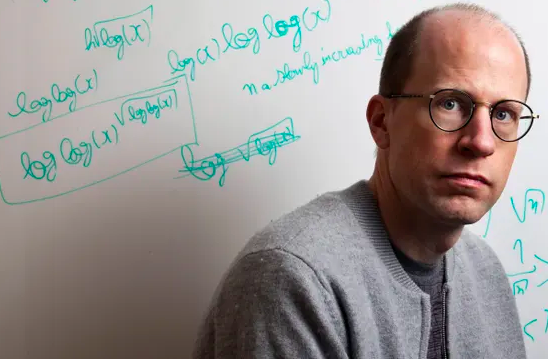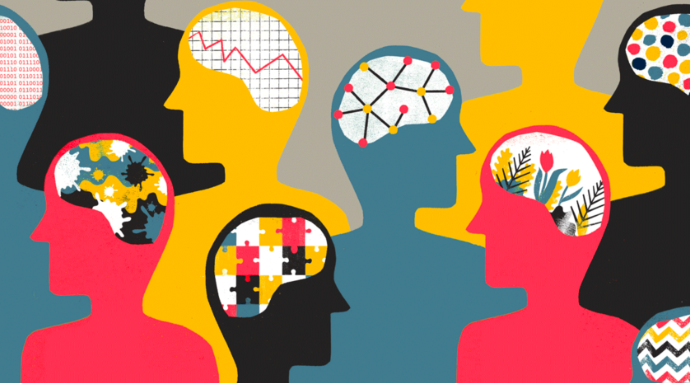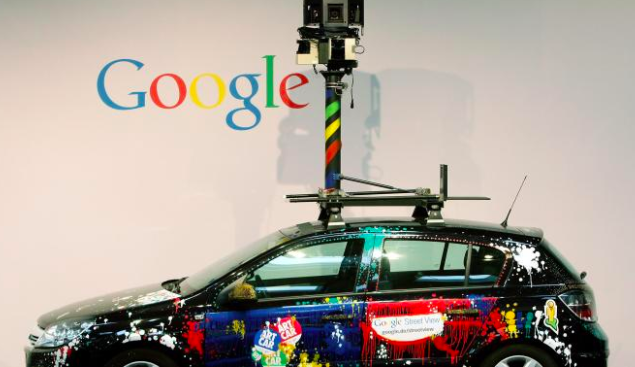AI is often feared. Perceived as some sort of ‘Black Mirror’ alternative to humanity, people have made much of the potential social ills that could spring from an increasingly ‘Smart’ world. Both The Drum and The Guardian have recently reported the unease of AI experts like Nick Bostrum, who have even gone so far as to create advisory institutions like the ‘Future of Humanity’ to investigate the rise of AI and its threat to humanity.

However, despite these dramatic assertions, the adoption of AI into marketing industries has the ability to do profound social good. The core benefits of this technology are that machines can use deep learning to make humans’ lives and jobs easier.
Social media has recently been getting a very bad name. The Guardian reported in April that the government where planning to hold executives personally liable for any harmful content shared on their platforms. People have rightfully been concerned that material featuring suicide and self-harm has been distributed through these channels.
Here at Jaggu, our technology has the ability to analyse thousands of user generated images on social media sites. Our insight tool understands data, at speed and in real time, across the breadth of the web. The emotion, geography and timing of data and images is analysed in just a matter of days, where before it might have taken marketers weeks of time and effort. By training the computer to detect and analyse facial expressions and understand the sentiment in text our technology could begin to identify those in a vulnerable mental state. There is therefore real potential for social media companies to use AI to reposition themselves as a first responder to mental health issues.

Automation can likewise be of real social use with regards to healthcare. Using the same technology that makes sense of images- scans and x-rays could be quickly comprehended and potential issues seamlessly diagnosed. Suddenly fractures, tumours and broken bones are immediately trackable and the cost, access and quality of care is could be improved.
This technology can also be used to identify and measure social and economic equality. Machine learning technology has the potential to detect signs of disparity using street images. Imperial College London trained the AI with 25,860 images from 156,581 postcodes across London, combining government stats with images from Street View. Factors like health, crime and pollution were also programmed in. This technology helps measure the success of government schemes, more quickly identifying problem areas and allocating resources effectively and fairly.

Image: SEAN GALLUP/GETTY IMAGES
Despite our pop culture perceptions of AI as some far-out robot companions intent on using their superintelligence to wipe-out the human race- the reality of this technology is much simpler. Computer learning is about recognising and diagnosing patterns, quickly and efficiently, in complex data and addressing some of society’s most pressing challenges.
If used correctly and intelligently, AI technology has the potential to recreate the social fabric of our planet. When innovation is combined with the best technology available (Jaggu) these computers can potentially improve the lives of millions of people. By taking our base-line technology and applying it to multi-dimensional fields like Healthcare, Social Media and Policy, the social results can be very promising. AI ,if used perceptively and cautiously, has the aptitude to do a great good for a great many.

